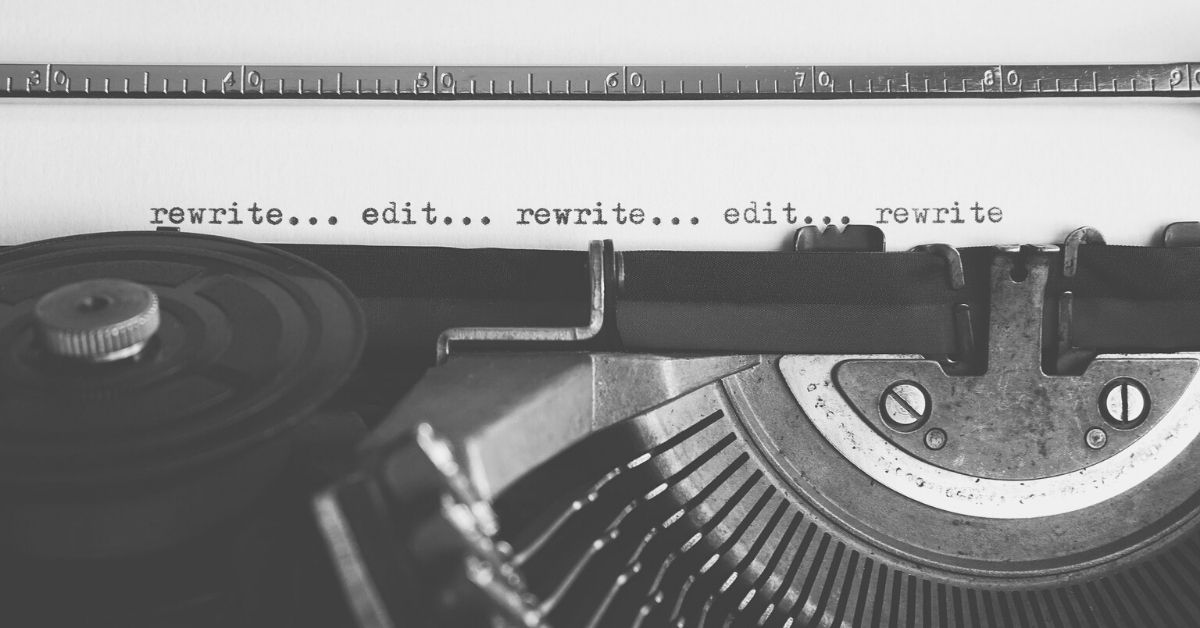And How to Find It
The edit is where your novel goes from good to great―where you learn your own foibles and develop your skills. It is where serious writers are made, and great works born.
Martin Stewart
As a developmental editor by day (and sometimes by night), I love a writer who loves editing their own work. These are the writers who have the courage to put the reader first and their own tender creative souls second. They are willing to do whatever it takes to make their manuscript the best version of itself it can possibly be.
But as a writer, I have struggled with finding joy in revision. I know how hard it can be to open the manuscript I thought was done and make it good enough to send out. Usually, the story needs work–sometimes on the big-picture level (plot, pacing, structure, characterization, etc.) and sometimes at the sentence level. Most of the time, the MS needs work on every level, one draft at a time.
Writing is probably one-fifth coming up with the stuff, and four-fifths self-editing again and again and again.
David Mitchell
Each writer approaches editing their own work differently. Some start on page one and work their way through the draft page by page. Some tackle one aspect at a time–cutting or conflating characters, for example, or improving the story world. If you need to rethink the plot or characters it makes sense to start with those big-picture changes first, then work on the prose.
Having a deadline helps. I will sometimes arrange a MS swap with another writer for a particular date. If I know they’re expecting my manuscript I am forced to improve it, if only to save face.
Let’s say you have gotten feedback from a beta reader or an editor. You’ve read their feedback, and you think they have made some good points. How do you find joy in implementing their advice, given that they are saying your work needs work?
Novelist Martin Stewart, published by Penguin Random House, writes here about creating a joyful approach to the process of revision. (He delves into the topic in more detail on Twitter, giving a running commentary on the publisher’s editorial suggestions for his latest novel, The Wild Huntsboys.)
In the end, the motivation comes from your primary goal. You want the novel to be published successfully. You want readers to buy it, and love it. And once you have written the first good draft, it all comes down to how willing you are to improve on your work.
The secret to editing your work is simple: you need to become its reader instead of its writer.
Zadie Smith
If you have a completed manuscript and are thinking about sending it out to a beta reader, agent, or publisher, don’t avoid self-editing. Approach it with joy! Or at least with your ultimate goal in mind.

